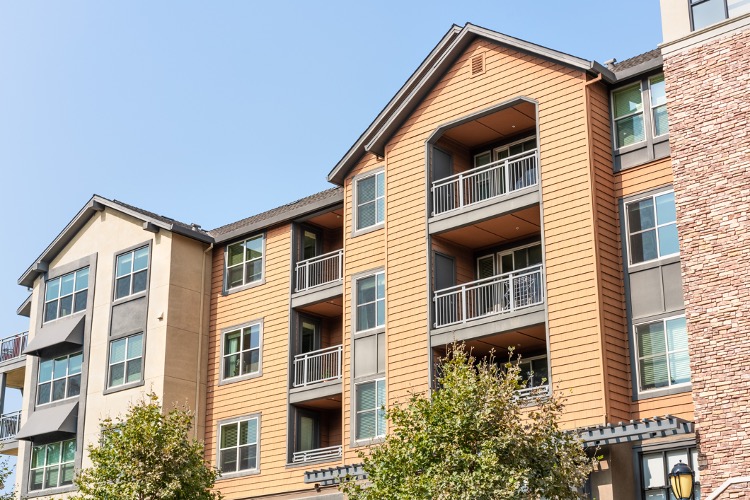Published by The New American | August 6, 2021
Since the beginning of the pandemic, the government has effectively stripped landlords from their property rights by banning them from collecting rent or evicting a tenant who refuses to pay it.
Trade groups representing property owners filed a lawsuit to block a new federal eviction moratorium that Joe Biden directed the Centers for Disease Control (CDC) to extend for an additional 60 days.
In June, the Supreme Court narrowly ruled that the eviction ban could continue until July 31. However, in a concurring opinion, Justice Brett Kavanaugh made it clear that the CDC “exceeded its existing statutory authority by issuing a nationwide eviction ban” and that extension beyond the end of July would require “clear and specific congressional authorization (via new legislation).” But Congress hasn’t acted. Neither the House nor Senate, both controlled by the Democrats, had the votes for a temporary extension. Despite that fact, House Speaker Nancy Pelosi blamed “cruel” House Republicans for “leaving children and families out on the streets.”
Still, the CDC extended the moratorium on Tuesday, changing it only slightly so it appeared to be targeted to areas with “substantial” and “high” levels of community transmission of COVID-19. According to NPR, this definition covers 82 percent of the counties and 90 percent of the population in the United States.
Now, owners are fighting back and suing the administration. On Wednesday, the Alabama and Georgia chapters of the National Association of Realtors (NAR) filed suit in federal court, alleging the White House “caved to political pressure” and reinstituted the moratorium “without providing any legal basis for its action.”
The lawsuit reads:
The Supreme Court ruled that only the Legislative Branch — not the Executive — had authority to extend the moratorium. Critically, the CDC knew that the White House had repeatedly stated that new legislation was necessary to extend the moratorium, given the absence of executive legal authority. Congress tried, but failed, to enact a legislative extension in reliance on those representations. Yet rather than accept that as the final word under our constitutional system (which the White House initially appeared to do), the CDC extended the moratorium anyway. And the CDC did so for nakedly political reasons — to ease the political pressure, shift the blame to the courts for ending the moratorium, and use litigation delays to achieve a policy objective. The Court should block the August 3 extension on an expedited basis to relieve the nation’s property owners of the burden of complying with this unlawful agency action.
Politico reports that a coalition of 11 housing industry groups — including the Mortgage Bankers Association and the National Association of Home Builders — said in a statement that they opposed the new ban and that “the administration itself noted it lacks the legal authority for a more targeted eviction moratorium.”
According to Western Journal, National Apartment Association President and CEO Bob Pinnegar said the new moratorium has landlords “irate,” with property owners saying they feel they were disregarded by the administration. “We were really just a pawn in this process,” Pinnegar said of landlords’ reaction to the back-and-forth. “Looking back at it, it appears to me that this was more about keeping together the Democratic caucus in the House for the upcoming infrastructure bill than anything else,” he said. “And so definitely, there’s a lot of frustration on the part of the industry.”
NAR President Charlie Oppler stressed in the statement that the industry isn’t just a bunch of wealthy real-estate moguls with massive portfolios of properties: “About half of all housing providers are mom-and-pop operators, and without rental income, they cannot pay their own bills or maintain their properties.”


